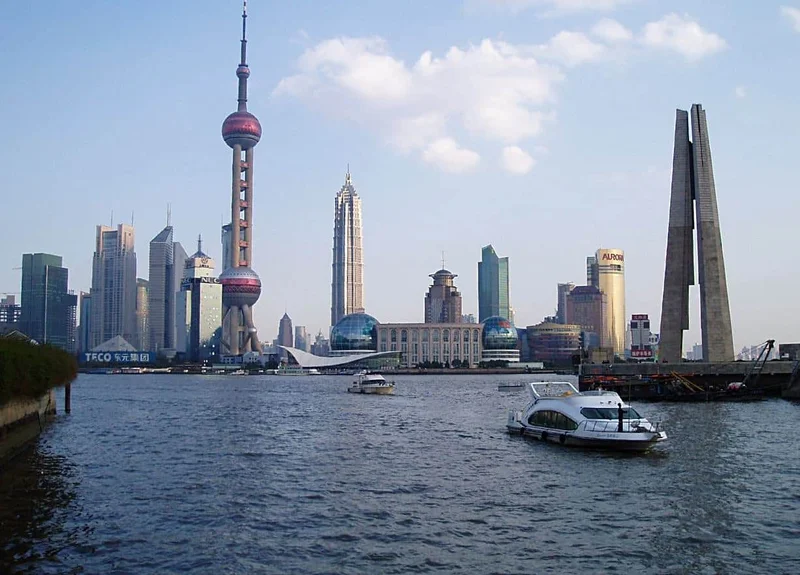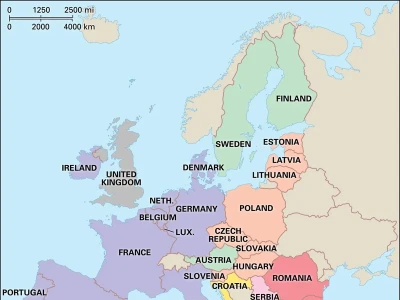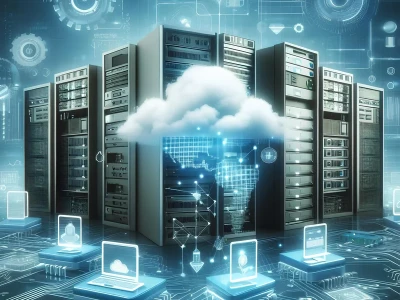The Dawn of Instant Understanding? What if Knowledge Became Fluid?
Imagine a world where learning isn't a slog, where understanding complex concepts is as easy as breathing. What if the bottleneck in human progress – our limited ability to absorb and process information – suddenly vanished? This isn't science fiction, folks. It's the tantalizing potential hinted at by some fascinating, if nascent, trends in how we access and interact with knowledge.
The Whispers of a New Reality
I've spent my career diving deep into the bleeding edge of technology, and every so often, I stumble across something that genuinely makes me sit up and pay attention. It’s not about incremental improvements, but about fundamental shifts in how we interact with the world. These shifts, though often subtle at first, can reshape society in ways we can barely imagine.
The core of this shift? A move away from static, pre-packaged knowledge and toward a more fluid, dynamic understanding. Think of it like this: traditional education is like reading a map. You get a fixed representation of the terrain, but you have to interpret it and apply it to your specific journey. What if, instead, you had a real-time, interactive simulation that adapted to your every move? That’s the promise of this new paradigm.
The internet, in its early days, felt like the Library of Alexandria – a vast repository of information, but ultimately passive. You had to know what you were looking for, sift through mountains of irrelevant data, and piece together the puzzle yourself. Now, we are seeing the emergence of systems that actively guide us, anticipate our needs, and present information in a way that's instantly digestible.
Consider the rise of interactive simulations and "explainable AI." These aren't just about crunching numbers or spitting out answers. They're about revealing the underlying logic, the "why" behind the "what." Imagine learning calculus not by memorizing formulas, but by manipulating a virtual model and seeing the consequences of your actions in real-time. Imagine understanding the inner workings of a complex algorithm not by reading lines of code, but by interacting with a visual representation of its decision-making process. The implications for education, research, and even everyday life are staggering.

I remember when I first encountered the concept of "active learning" systems in the late 90s – I was honestly skeptical. It seemed like a gimmick, a way to dumb down complex topics. But what I've come to realize is that it's not about making things easier, it's about making them more accessible. It's about removing the barriers that prevent people from engaging with knowledge in a meaningful way.
And this is where it gets really exciting. We are moving towards a future where knowledge is not just something we consume, but something we co-create. Imagine a world where anyone, regardless of their background or expertise, can contribute to the collective understanding of a topic. Imagine a world where learning is a continuous, collaborative process, fueled by curiosity and a shared desire to explore the unknown.
Of course, this vision isn't without its challenges. How do we ensure the accuracy and reliability of information in a world where anyone can contribute? How do we prevent the spread of misinformation and propaganda? These are critical questions that we need to address as we move forward. But I believe that the potential benefits far outweigh the risks.
This reminds me of the invention of the printing press. Before Gutenberg, knowledge was the domain of the elite, carefully guarded and disseminated by a select few. The printing press democratized access to information, sparking the Renaissance and ushering in a new era of intellectual and social progress. I believe that we are on the cusp of a similar revolution, a moment where the barriers to understanding will crumble, and a new era of human potential will be unlocked. What will we learn? What will we invent? What kind of world will we build when knowledge flows like water?

